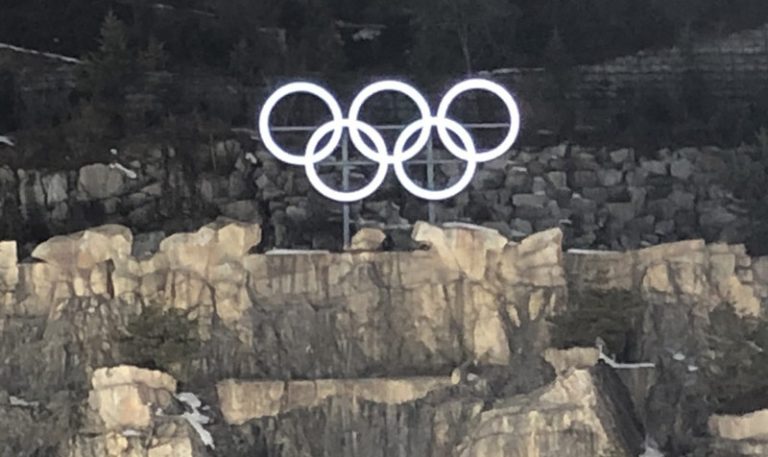Brisbane’s 2032 Olympic and Paralympic Games bid could get approval from the International Olympic Committee’s (IOC) Executive Board as early as Thursday when the high-ranking body concludes an important meeting that includes a report from the Future Host Commission.

With the report, Australia’s bid for its third Olympics is scheduled to be discussed on the final day of the programme that will also include the status of preparations for next month’s Tokyo 2020 Games on Wednesday and the unveiling of the Refugee Olympic team Tuesday. If Brisbane is approved by the Executive Board, the IOC Session will likely give the project its final rubberstamping when the members meet July 20th in Tokyo.
The Executive Board will also meet once more ahead of the Session, on July 17 in Tokyo.
Last month IOC Vice President John Coates confirmed that Brisbane 2032 was in the final lap towards its election as host city for the Games.
He said “IOC due diligence testing of every element of the Brisbane project is now underway.”
“If this diligence yields a positive final report, the proposal to host the Games in 2032 will go to a vote of the full IOC membership.”
On Monday, remarks made by Queensland Premier Annastacia Palaszczuk provided further evidence that Brisbane’s election in Tokyo is likely. She told local media regarding her first COVID-19 vaccination “there may be a requirement for the state to present to the whole Olympics committee [in Tokyo next month] about the Olympics, and I would’ve been unvaccinated and that is why I had the Pfizer.”
Although the Premier could easily present by video, her physical presence may be required to sign the host agreement immediately following the election.
Coates, who also serves as president of the Australian Olympic Committee (AOC) and is on the IOC Executive Board, will be excluded from discussions and a possible vote Thursday due to a conflict-of-interest.
Brisbane could be the first Summer Games host elected under a new bid process introduced in 2019 that eliminates head-to-head bidding and fosters a collaborative but behind-the-curtains approach without fixed timelines. Coates was the key architect behind the new reforms even as Brisbane was developing its project, an issue that raised conflict-of-interest concerns when the Australian city was named the IOC’s preferred candidate in February.
Brisbane was selected from among other developing bids representing Indonesia, India, Qatar, Germany and North and South Korea. If the IOC’s due diligence determines that Brisbane is not ready to host, these other jurisdictions that have already entered discussions with the Future Host Commission could be reconsidered for 2032. However it has been clear from rhetoric coming from IOC officials that there is a commitment to have Brisbane elected.
The bid has received strong, high-level support and during a presentation to IOC members in March Australian Prime Minister Scott Morrison said in a pre-recorded message “Every level of Government is working together to deliver Brisbane 2032.”
Morrison, joined by Queensland Premier Annastacia Palaszczuk, Brisbane Mayor Adrian Schrinner and Coates added “We will leave nothing to chance as we work with you during this period of targeted dialogue.”
“We want to be a trusted, thorough and reliable partner of the International Olympic Committee and the International Paralympic Committee.”
Australia last hosted the Games in 2000 in Sydney and previously staged the event in 1956 in Melbourne.
The 2024 edition is scheduled to open in Paris while the 2028 event will be hosted in Los Angeles – a third Games for both cities.


